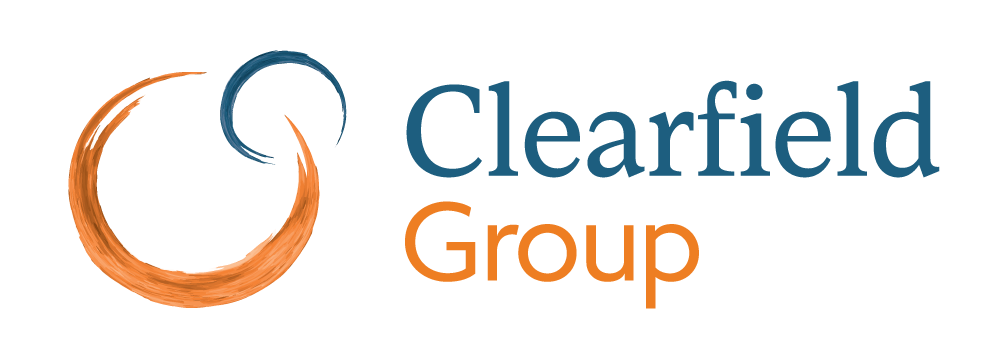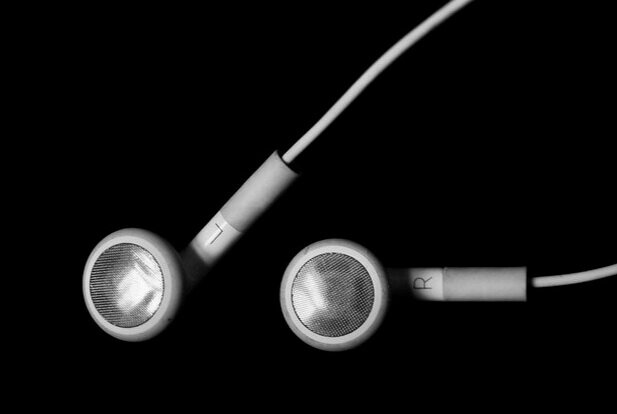Some notes on feeling our way forward.
Normally, I take the space here to think and write about something related to business, systems, or what’s happening in the world at large.
But, right now, that doesn’t seem appropriate.
There are things to say. About, for example, how citizen complaints against officers might be used by police departments in the same way that aviation and chemical industries improve by observing everyday near misses. About how policy choices implicitly (and explicitly) strengthen the systems that unequally distribute power in our society.
But this isn’t the time to break these things down on an intellectual level. The raw emotion in the world right now overwhelms me and lots of others.
It’s not time for the thinking mind to work alone.
Instead, I want to write something about listening deeply.
Deep listening is the process of suspending our stories while we attend to others.
Rather than listening to confirm our worldview, extract facts, or prepare our case, we listen to see and understand the person we’re talking with.
We listen without thinking ahead to our own counterarguments. We listen without judging the experience of others. We listen to witness our fellow humans.
On the wider stage, this gets harder. Political leaders have messages behind their messages. Online discussions tend toward the extreme, too. They’re often not speaking to communicate, but to win. In these settings, we should be skeptical.
But in small groups, in person (or on Zoom), we can listen deeply. We can connect with our friends, family, and colleagues and give them the gift of assuming positive intent—that we are all showing up to do our best with the tools we have.
At work, it shows up when we recognize that our colleagues also want to solve problems worth solving. At home, it shows up when our kids scream at us—and we can step back and realize that they just need a snack.
One of the guiding principles I have rested on in the last couple of years is negative capability.
It’s a term coined by the poet John Keats. He used it to describe the ability to sit in confusion and uncertainty in pursuit of what he called beauty; I think of it as the ability to keep our need for a tidy answer at bay. It’s an incredibly difficult practice, something that a lot of entrepreneurs and business owners I know use because they sit in uncertainty every day.
To see and witness, to move forward without knowing where we’re going. To sit with a problem without trying to make it right—not because it doesn’t deserve to be solved, but because our efforts would be as a drowning person tiring themself out in the waves.
It’s the ability to listen and respond to the world as it is, rather than as we think it should be.
It’s a muscle that we need to use a lot more of these days.

